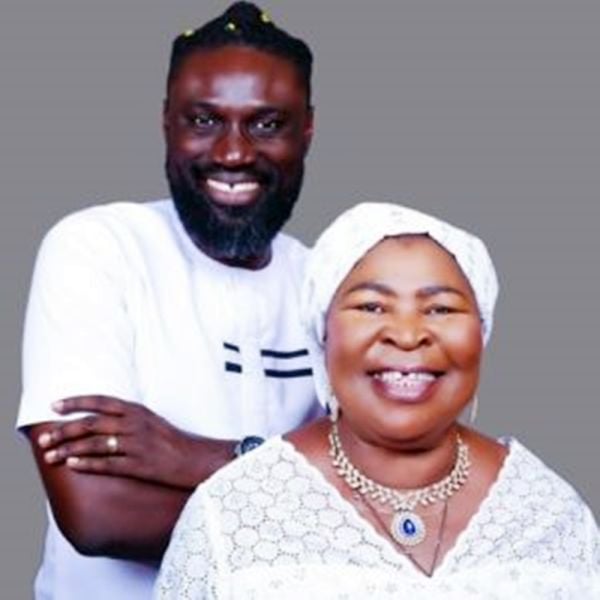Former Central Regional Minister Kwamena Duncan has addressed the complexities surrounding the Ghana Freedom Party’s (GFP) candidacy following the recent death of its leader, Akua Donkor. In light of the Electoral Commission’s (EC) directive, which requires the GFP to submit a new presidential candidate within a 10-day window, Duncan has urged the commission to consider leaving the party’s ballot position blank if they fail to confirm a replacement. This situation has sparked considerable uncertainty within the GFP, as varying reports have surfaced regarding their intention to participate in the upcoming elections, slated for December.
The confusion within the GFP stems from conflicting narratives about their electoral strategy. While some information suggests that the party has officially withdrawn from the presidential race, other sources claim that Philip Kwabena Agyemang, popularly known as Roman Fada, has stepped up to represent the party as its new flagbearer. Reports indicate that Agyemang has even completed the nomination process, leading to further ambiguity about the party’s direction. Duncan’s concerns highlight the potential impact of these developments on the electoral landscape, emphasizing the need for clarity and decisiveness from the GFP.
Duncan’s cautionary stance primarily revolves around the implications of altering the ballot order. He believes that reshuffling the ballot in response to the GFP’s internal strife could create significant disruptions for all candidates involved, complicating their campaigns and diminishing the overall electoral process’s integrity. By suggesting that the EC leave the GFP’s ballot position blank, he advocates for a solution that maintains the status quo while allowing for the party’s future decisions to unfold without further complications.
The importance of a stable electoral environment cannot be overstated, especially with significant national elections on the horizon. Political parties are expected to provide clear representation and direction, especially in volatile situations like the one facing the GFP. Duncan’s intervention underscores the role that the EC plays in ensuring that all candidates can campaign effectively without the uncertainties that can arise from last-minute changes to the electoral process.
As the December elections approach, the necessity for the GFP to clarify its position and finalize its leadership will become increasingly urgent. Voter confidence relies on knowing that each party has a consistent candidate representing their interests. This is particularly critical for the GFP, given the party’s already precarious standing in national politics and the legacy of its late leader, Akua Donkor.
In conclusion, Kwamena Duncan’s plea for the Electoral Commission to leave the Ghana Freedom Party’s ballot position blank illuminates the broader challenges that political parties face in times of transition. With conflicting information swirling around the GFP’s candidacy, the call for stability and clarity is more relevant than ever as Ghana heads towards an important electoral milestone. Ensuring a fair and orderly election process will depend heavily on the decisions made in the coming days, affecting not just the GFP but the entire political landscape of the nation.














